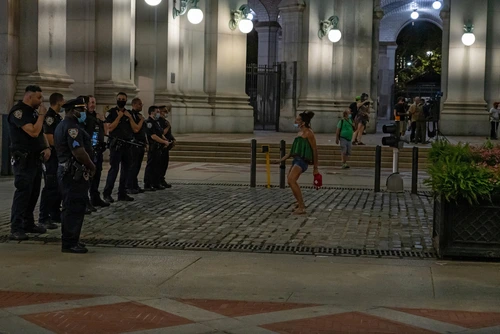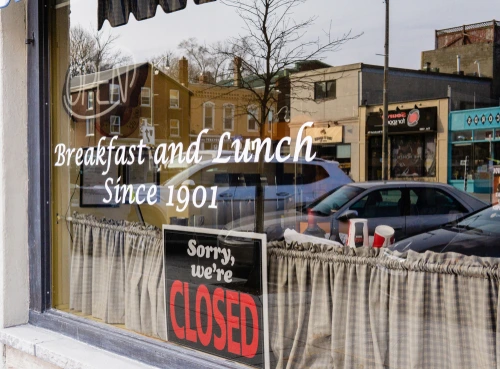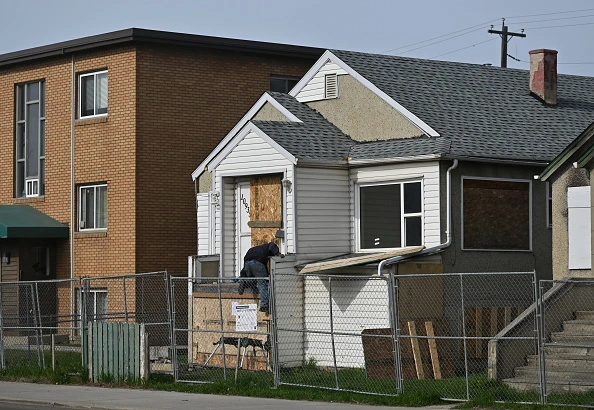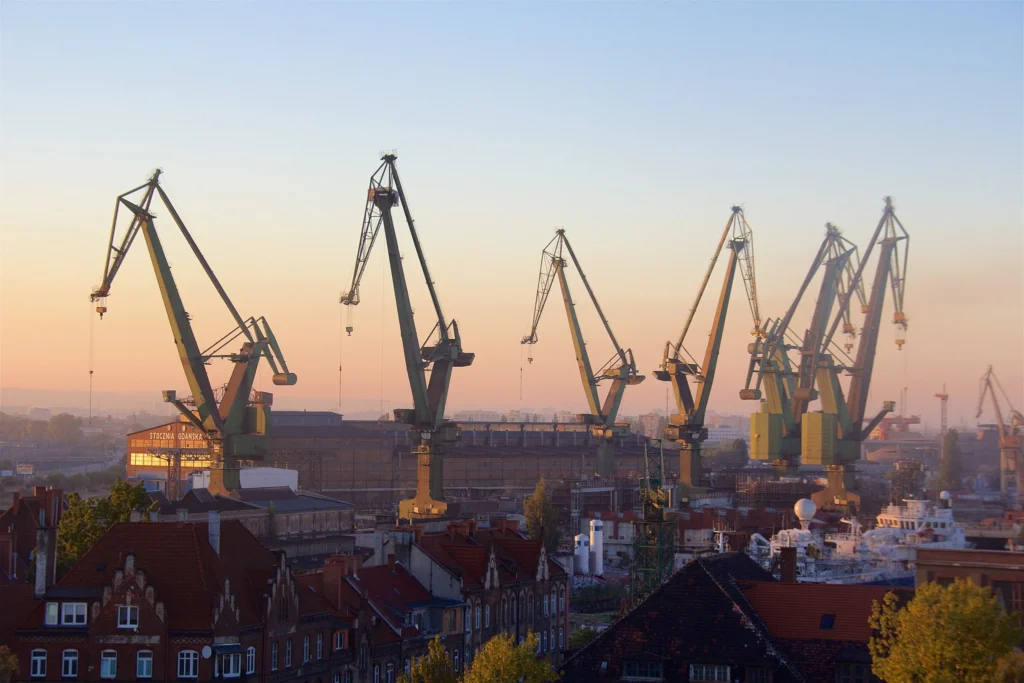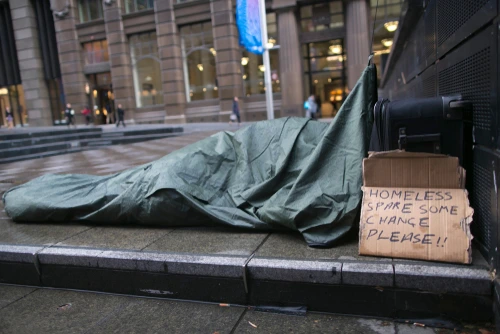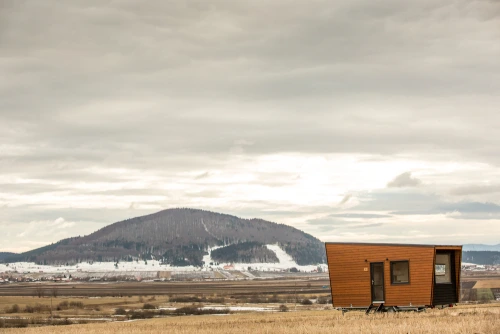All articles by ttt
A sustainable Australia depends on what happens in its cities – that’s why it needs a national urban policy
Its largest cities, home to 80% of the population, are central to achieving sustainability in a time of climate change. The federal government has begun to act on the need for coherent urban policies.
Why more cities are hiring ‘night mayors’ and establishing forms of nighttime governance
Nighttime is much more than a source of danger or an occasion to party – it’s a portal into a different world, with rhythms, challenges and lifestyles of its own.
How online grocery shopping is making Britain’s urban-rural inequality worse
People in rural areas have less access to supermarkets in general. When it comes to online grocery shopping, just over 11% of those have no choice at all.
How smaller cities can integrate newcomers into their labour markets
Canada is counting on immigrants to drive economic growth. Smaller urban communities can help take pressure off Canada’s most heavily populated regions by attracting and retaining newcomers.
Canada’s housing crisis demands better buildings – here are the changes that could improve apartment life
In order to ensure new multi-unit housing prioritises comfort and health, future residents and building owners should know what design choices to advocate for.
Auckland can get more for its money from on-demand public transport
After a successful trial, an on-demand public transport service in Auckland has been optimised to increase patronage – without the cost of buying new vehicles.
How Gdańsk is reclaiming its industrial waterfront
The Baltic port city of Gdańsk, in Poland, showcases how cities might return their waterfronts to residents and restore the industrial landscape.
Can investment in culture improve a city’s health?
The Centre for Cultural Value has spent the past two years exploring research to learn about the impact of culture on health and well-being.
Why local councils are the missing link in Australia’s efforts to end homelessness
Local councils lack the means to tackle homelessness, but are often closest to the people at risk. A national plan should recognise and resource the role councils can play in preventing homelessness.
Even tiny homes can’t address the privilege and insecurity of the housing market
The tiny house movement embodies a complex mixture of counter-cultural ideals, financial pragmatism and socio-economic privilege.


